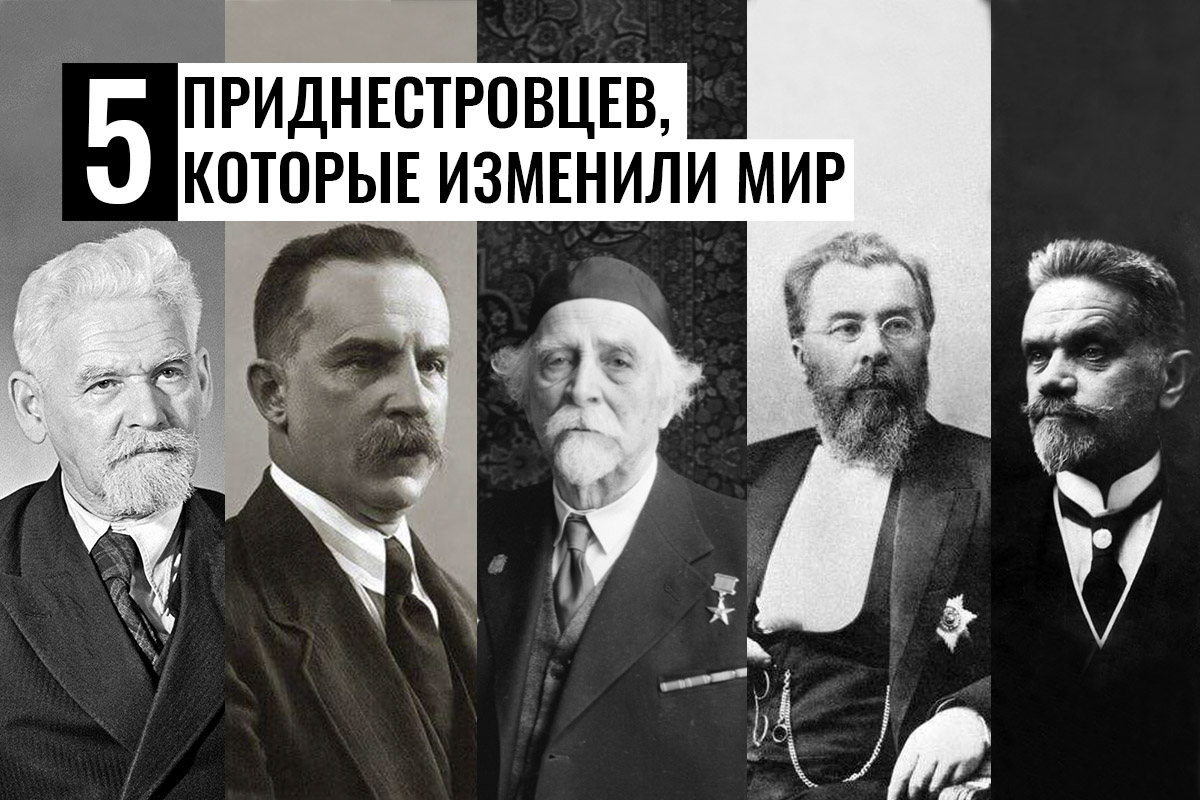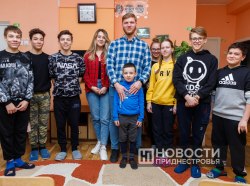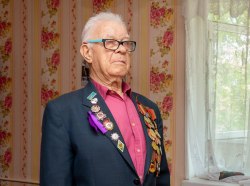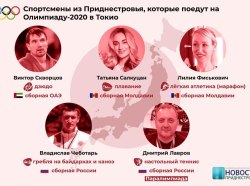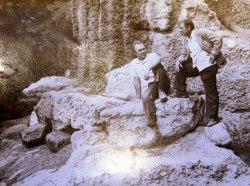Practically all things which are habitual for us hide titanic work of many scientists’ generations. We use the present benefits, but sometimes we do not even think how long and difficult was the way to an invention or an improvement of a certain object.
Scientific achievements are the masterpieces of human thought. They make our life better. Works of physicists, chemists, geographers and other scientists taught us to hear, feel and understand nature. Without it, there would be neither achievements of medicine, nor clever technologies, nor a modern civilization.
The contribution to world science was made also by the Pridnestrovians.
Konstantin Gedroits (1872-1932) is the Russian and Soviet soil scientist-agrochemist.

He was born in Bendery. He took up the questions of the soils’ origin in a new way.
The agrochemist allocated four main soil types: hydromorphic, podzolic, chernozem and solonetz. He offered a division of all soils into saturated and unsaturated.
Gedroits explained the nature of solonetz soils and established that properties of solonetz were caused by the sodium ions in it. He created a significant amount of chemical soils methods’ analysis.
These researches allowed to understand soil processes better. Thanks to Gedroits's works the development of new soil fertility improvement’s methods became possible.
Lev Berg (1876-1950) is the Russian and Soviet geographer and the zoologist.

He was born in Bendery. He is a founder of landscape science and also he is considered the creator of modern physical geography. Berg offered still relevant landscape typology.
Thanks to the landscape science processes in geographical envelope became more clear. It allowed not only to use natural resources rationally but also to realize our dependence on nature.
Nikolay Zelinsky (1861-1953) is the Russian and Soviet chemist-organic.
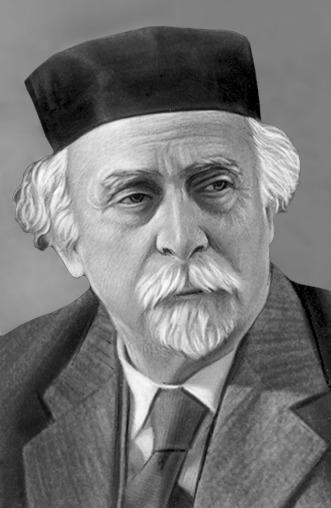
He was born in Tiraspol. He got worldwide famous after the creation of the first effective gas mask. Such invention was a new good security measure of respiratory organs from toxic agents.
Zelinsky was the first who synthesized activated carbon which is actively applied in medicine and various industries today.
Together with the team he developed a way of production of adsorbent (the substance which is soaking up other substances from solution or gas) which increased the efficiency of a gas mask by 60%.
Thanks to Zelinsky's gas mask human losses of the Russian army during World War I from the opponent's gases sharply decreased.
Nikolay Sklifosovsky (1836-1904) is an honored Russian professor.
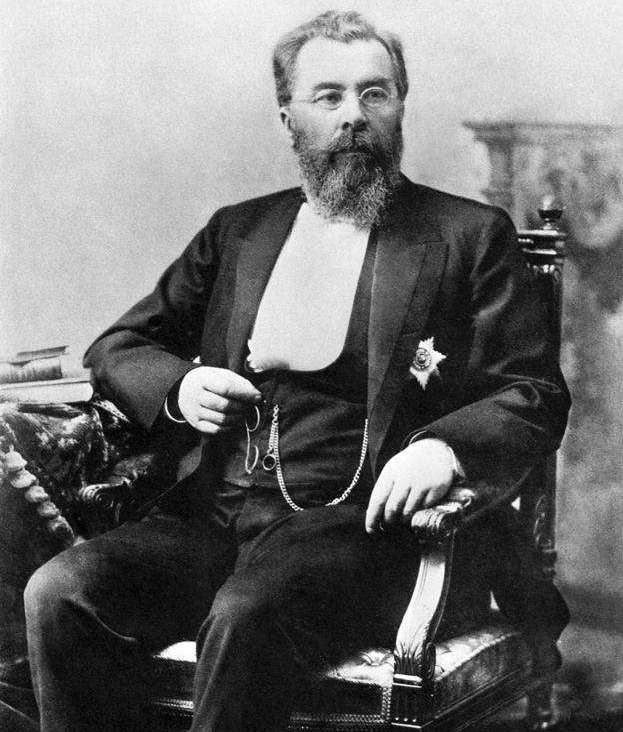
He was born on the farm Karantin (now it is the settlement Dzerzhinsk, Dubossary district). He is the author of works on battlefield surgery and surgery of an abdominal cavity.
Sklifosovsky first-ever applied local anesthesia by cocaine solution. He designed the device allowing to support anesthesia during jaw operation and in an oral cavity.
The professor played a great role in the development of Stomatology, namely maxillofacial surgery. He developed a unique method of merging of the shattered bones which are called «Sklifosovsky's lock» or «the Russian lock». Thanks to this method there was an opportunity to treat the broken limbs but not to amputate them as it was earlier.
Lev Tarasevich (1868-1927) is the Russian and Soviet immunologist, epidemiologist, microbiologist.
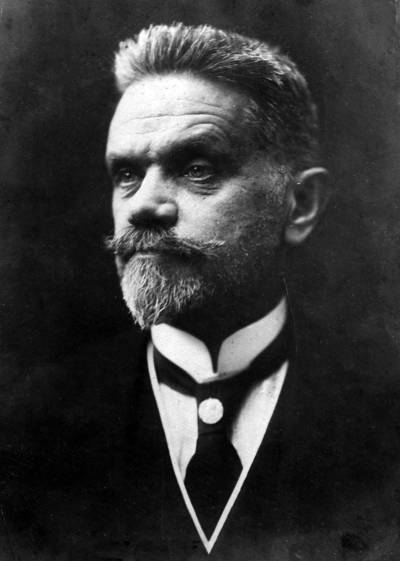
He was born in Tiraspol. The scientist brought really invaluable contribution to medicine. He conducted researches in various fields of immunology and medical microbiology. Tarasevich's works promoted the formation of epidemiology as the independent area of medical knowledge which is directly connected with the practice of anti-epidemic actions.
Together with other scientists, he brought a huge contribution to the creation and development of immunology, epidemiology and microbiology and also the opening of four blood types.
Lev Tarasevich was an initiator of reforms in medical disciplines teaching and supporter of women equality in questions of medical education at the universities.
He significantly contributed to the solution of questions connected with tuberculosis, cholera, typhoid, malaria, typhus, dysentery and syphilis prevention.
Anna Turchenko

